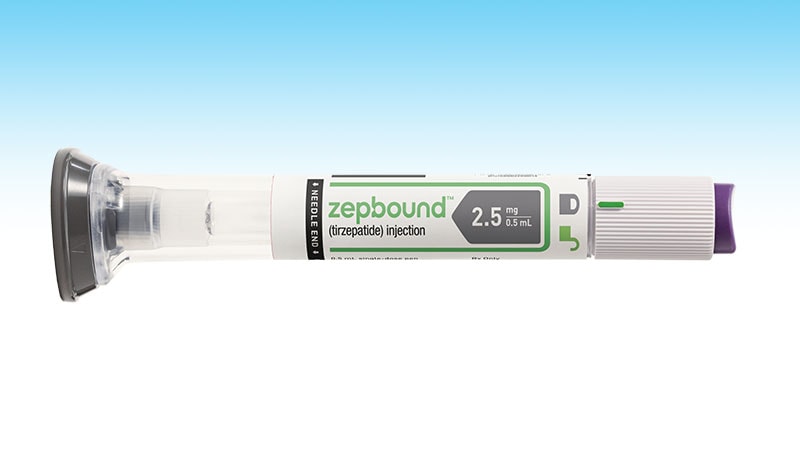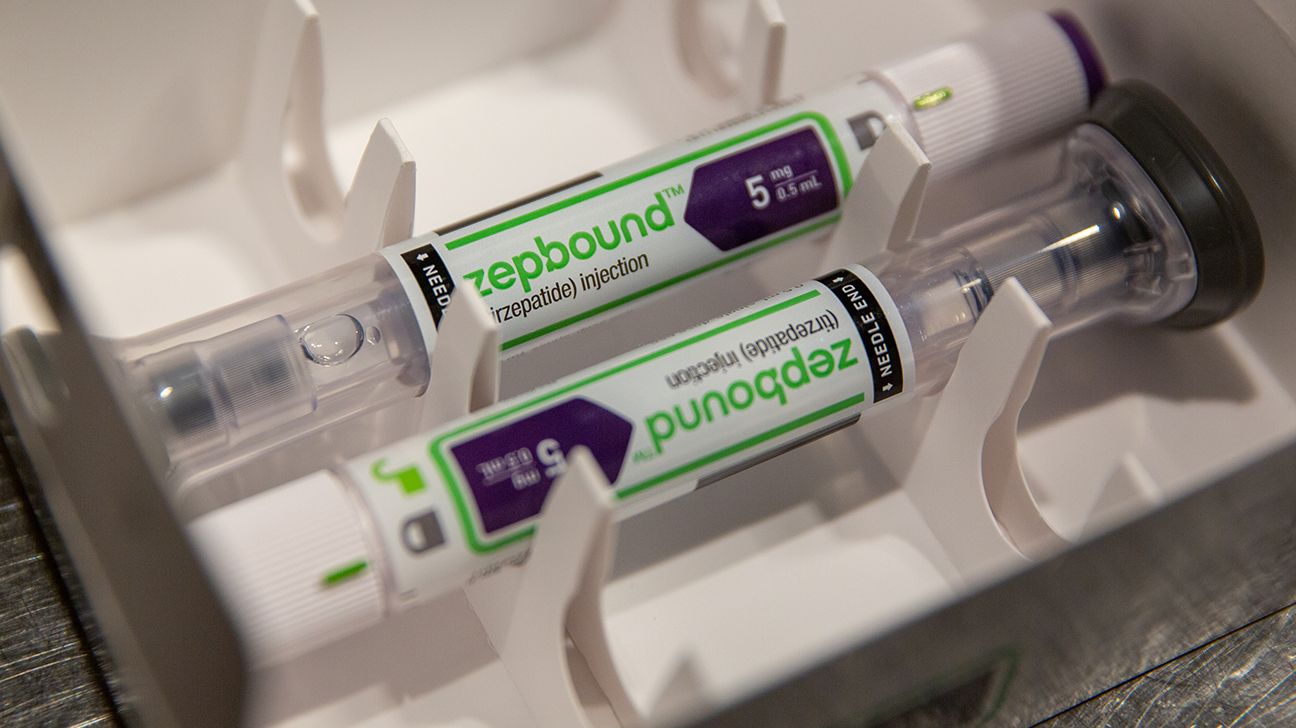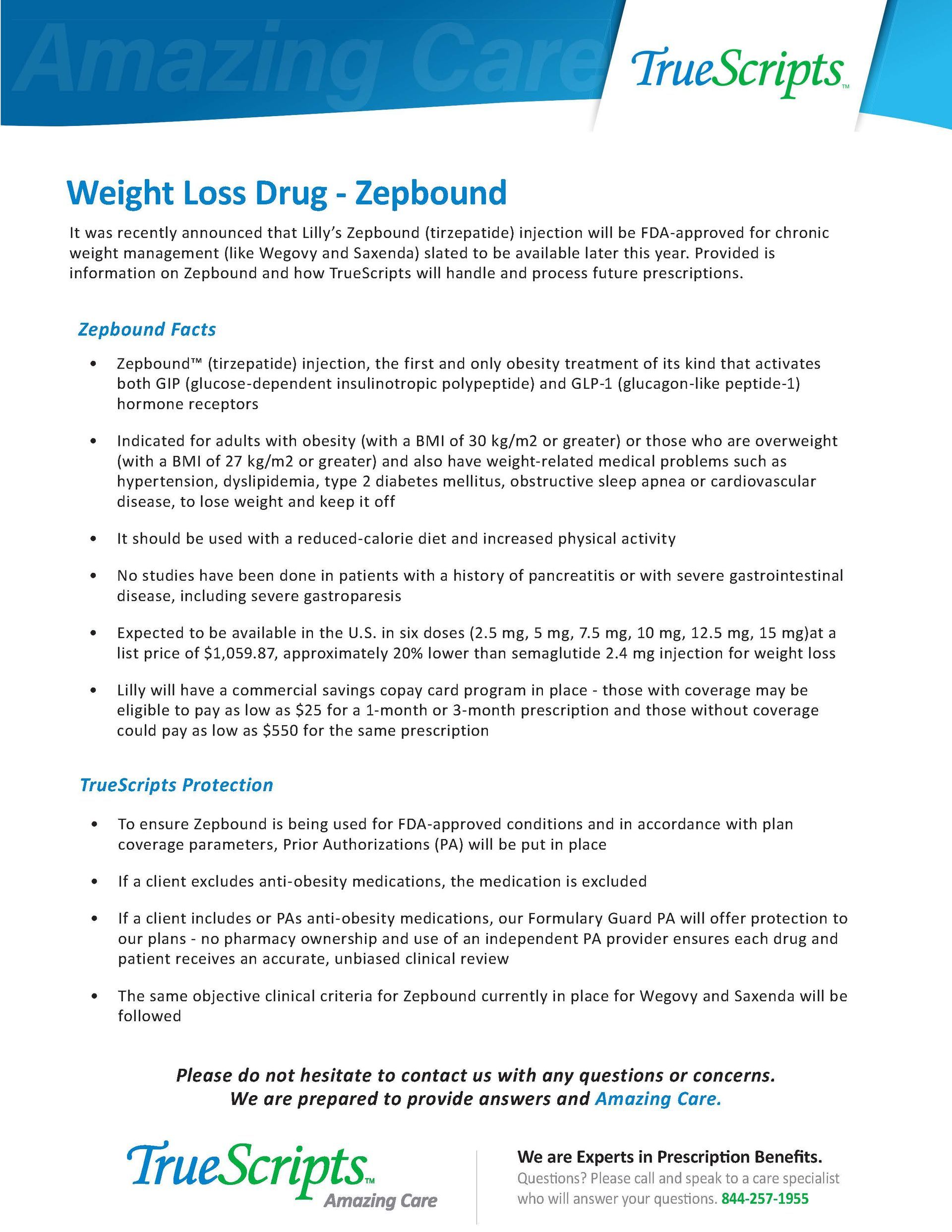Zepbound What To Expect Week 1
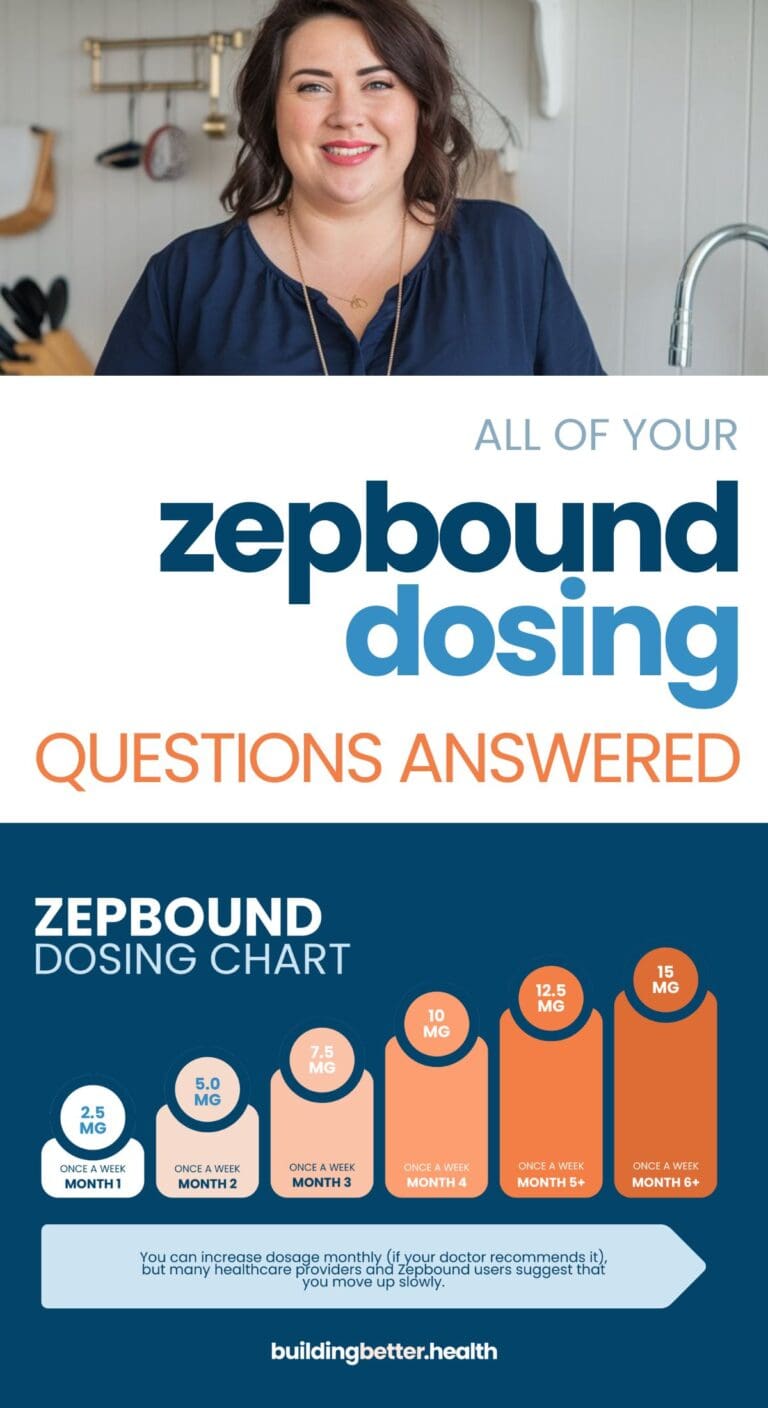
Zepbound has arrived, and if you're starting this weight-loss journey, understanding the initial week is crucial. Expect potential side effects and significant lifestyle adjustments.
This medication, approved by the FDA, works by mimicking hormones that regulate appetite and blood sugar. Knowing what to anticipate during the first seven days can maximize effectiveness and minimize discomfort.
What is Zepbound?
Zepbound (tirzepatide) is a once-weekly injectable medication. It's designed for chronic weight management in adults with obesity (BMI of 30 or higher) or overweight (BMI of 27 or higher) with at least one weight-related condition. These conditions can include high blood pressure, type 2 diabetes, or high cholesterol.
The drug activates both glucose-dependent insulinotropic polypeptide (GIP) and glucagon-like peptide-1 (GLP-1) receptors. These receptors play key roles in controlling blood sugar and appetite. Eli Lilly manufactures Zepbound.
Week 1: Dosage and Administration
The typical starting dose of Zepbound is 2.5 mg injected subcutaneously once a week. It can be administered in the abdomen, thigh, or upper arm. Follow your doctor's instructions precisely regarding dosage and injection site.
Administer the injection on the same day each week, at any time of day, with or without meals. Consistent timing helps maintain stable medication levels in the body.
What to Expect: Potential Side Effects
Gastrointestinal issues are common during the initial week. These might include nausea, diarrhea, constipation, vomiting, and abdominal pain.
In clinical trials, these side effects were most pronounced during the dose escalation phase. Nausea was reported as the most frequent adverse reaction.
To minimize these effects, start with smaller, more frequent meals. Avoid high-fat, greasy, or sugary foods. Stay hydrated by drinking plenty of water.
Managing Side Effects
Consult your doctor about over-the-counter remedies for nausea or diarrhea. Prescription medications might be necessary in severe cases.
Report any persistent or severe side effects to your healthcare provider immediately. They can adjust your dosage or provide additional guidance.
Lifestyle Adjustments
Zepbound is most effective when combined with a reduced-calorie diet and increased physical activity. Start making gradual changes to your eating habits and exercise routine.
Focus on incorporating more fruits, vegetables, lean proteins, and whole grains into your diet. Aim for at least 150 minutes of moderate-intensity exercise per week.
Consider working with a registered dietitian or certified personal trainer. They can provide personalized guidance and support.
Week 1: Monitoring Your Progress
Keep a detailed journal of your food intake, exercise habits, and any side effects you experience. This information will be valuable for your doctor.
Monitor your weight regularly, but don't become overly focused on the numbers during the first week. Allow your body time to adjust to the medication.
Pay attention to any changes in your appetite, energy levels, and overall well-being. Communicate these changes to your healthcare team.
Important Warnings and Precautions
Zepbound carries a boxed warning regarding the risk of thyroid C-cell tumors. Patients with a personal or family history of medullary thyroid carcinoma (MTC) or multiple endocrine neoplasia syndrome type 2 (MEN 2) should not use this medication.
Other precautions include potential risks of pancreatitis, gallbladder problems, hypoglycemia (especially in patients with diabetes), and kidney problems. Discuss your medical history with your doctor before starting Zepbound.
Real-World Experiences
Individual experiences with Zepbound can vary. Some people may experience significant weight loss and minimal side effects during the first week.
Others may require more time to adjust to the medication and may experience more pronounced side effects. Patience and open communication with your doctor are key.
Long-Term Expectations
Zepbound is intended for long-term use, and its effectiveness depends on adherence to the prescribed dosage and lifestyle modifications. Regular follow-up appointments with your doctor are essential.
The goal is to achieve and maintain a healthy weight, improve overall health, and reduce the risk of weight-related complications. Don't get discouraged if you don't see immediate results.
Next Steps
Stay consistent with your medication schedule and lifestyle changes. Schedule a follow-up appointment with your doctor to discuss your progress and address any concerns.
Continue monitoring your health and making adjustments as needed. Remember that weight loss is a journey, and Zepbound is a tool to help you achieve your goals.

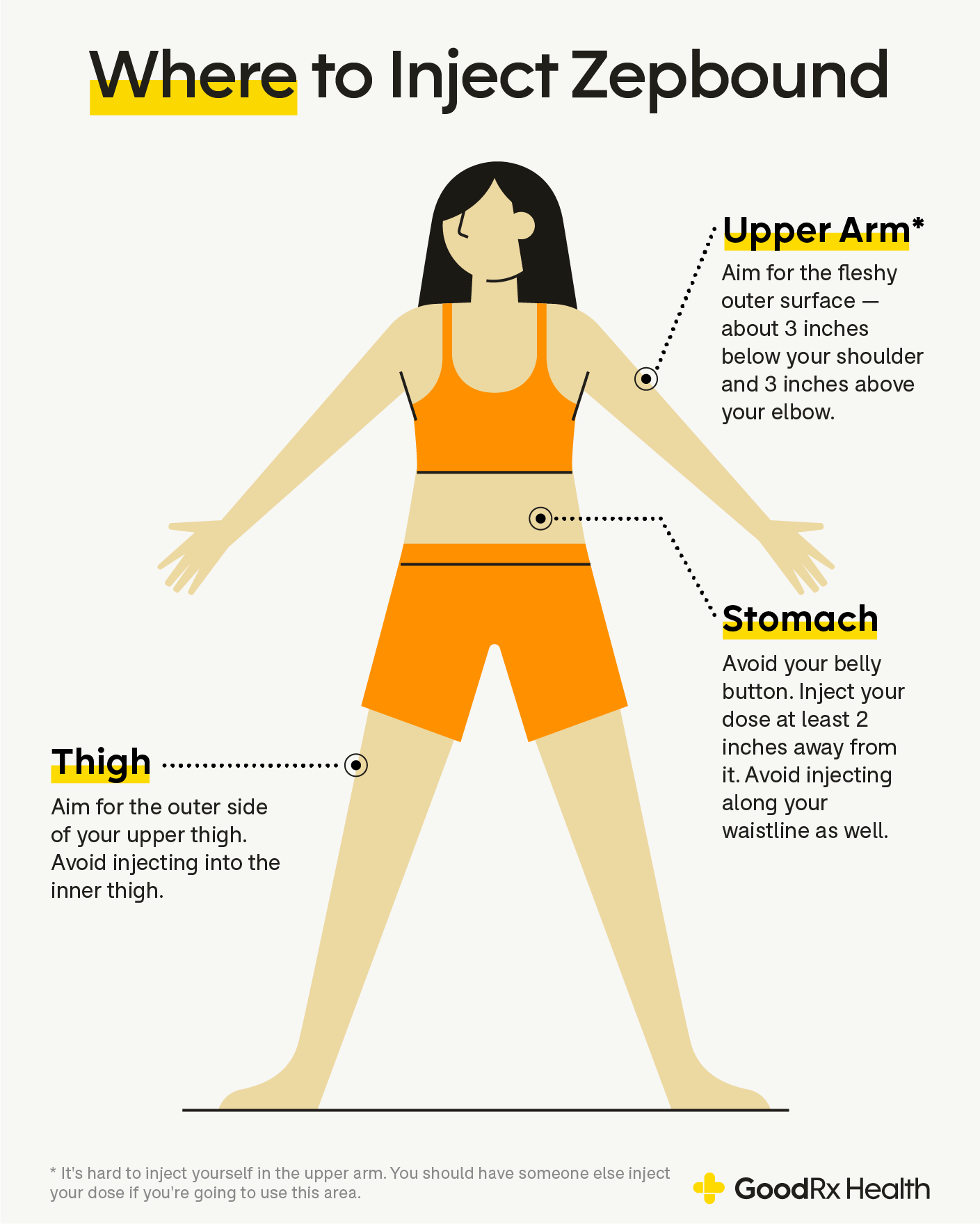
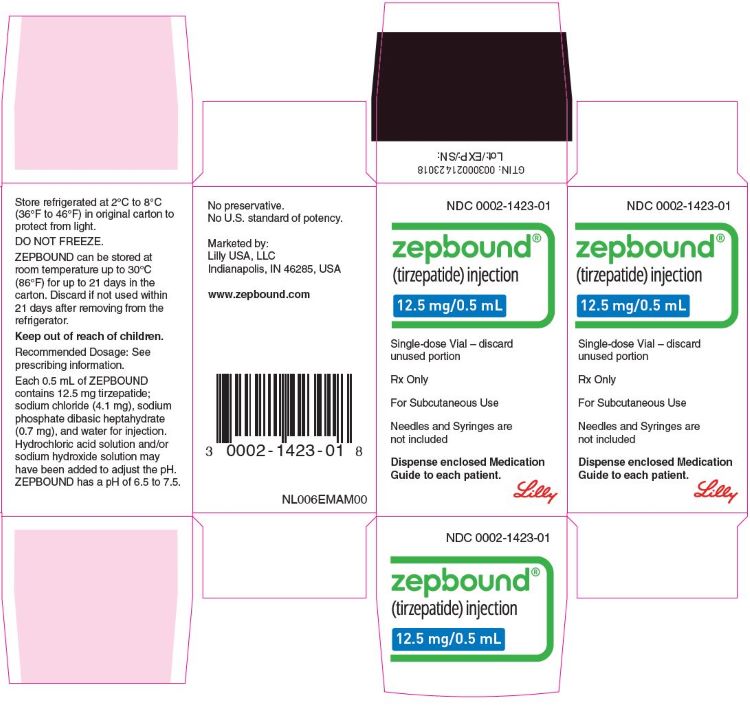




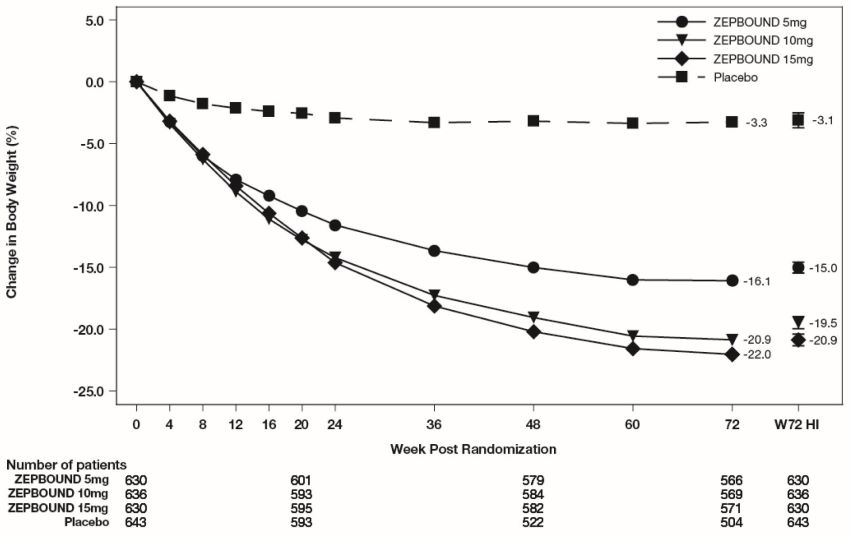
 (2).png)


